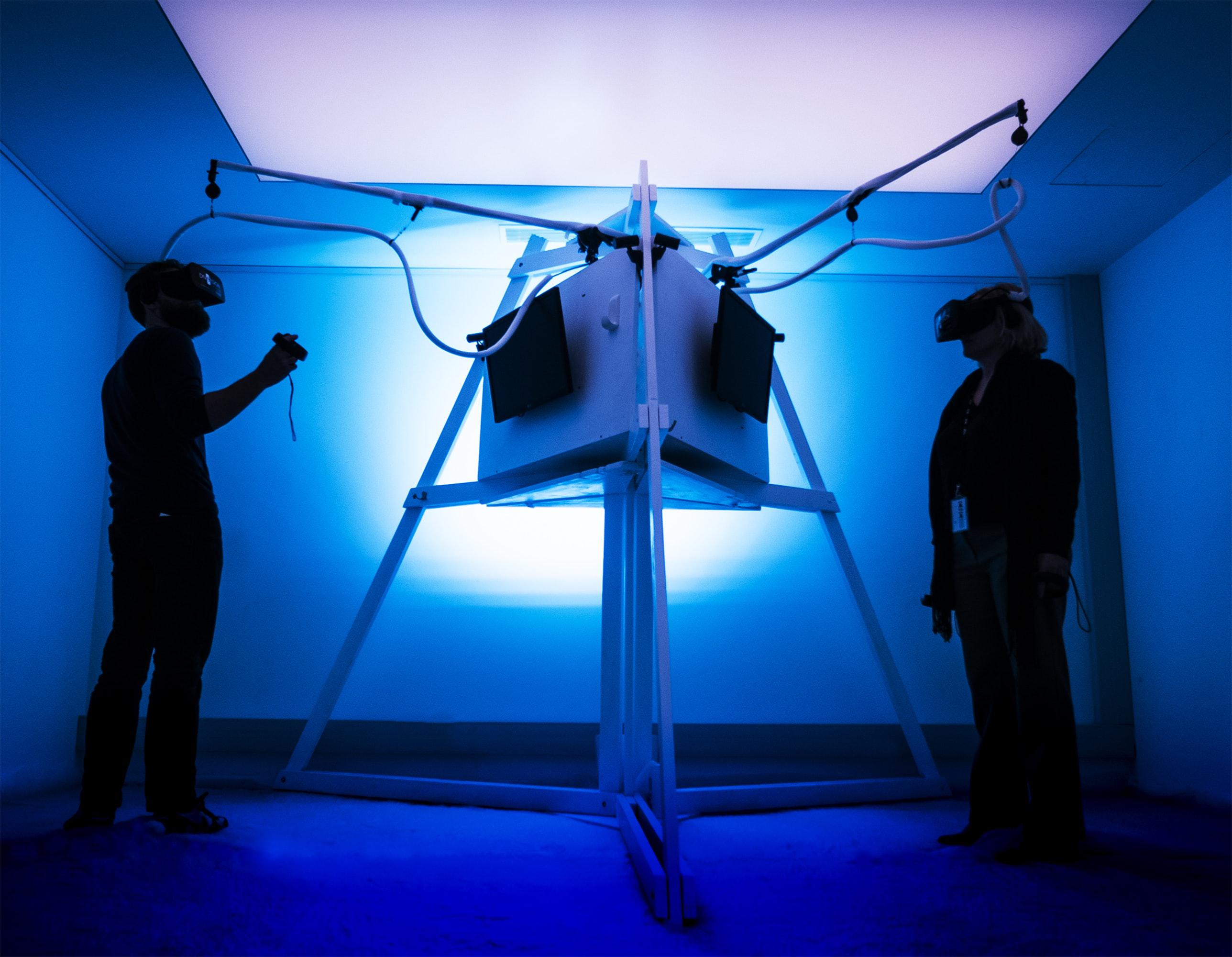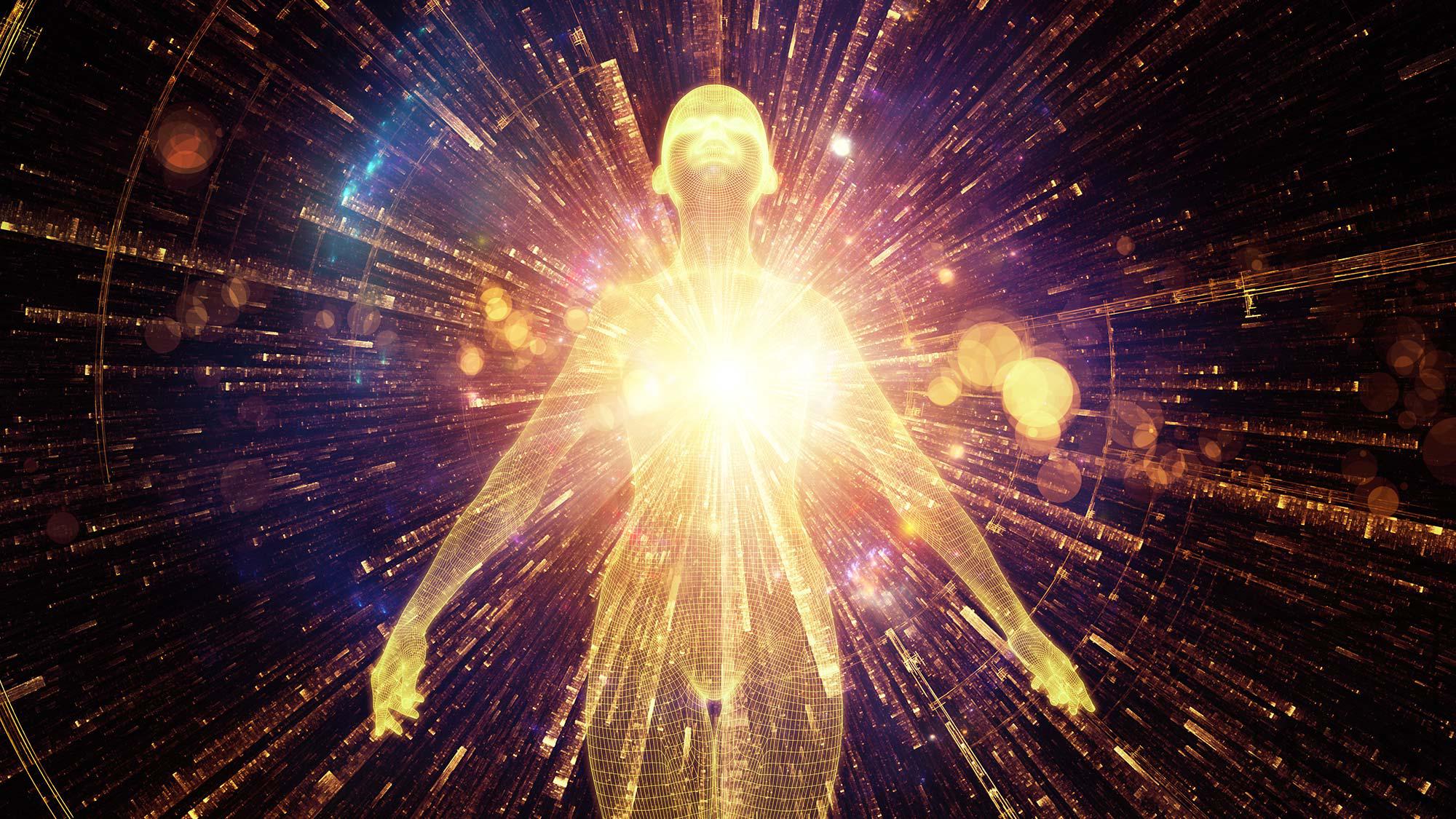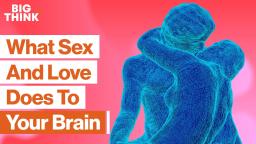The chances are good that you’ve used Wikipedia to define or discover something in the last week, if not 24 hours. It’s currently the 5th most-visited website in the world. The English-language Wikipedia averages 800 new articles per day — but 1,000 articles are deleted per day, the site’s own statistics page reports. That fluctuation is probably partly the result of mischievous users, but it is also an important demonstration of Wikipedia’s quest for knowledge in motion. “As the world’s consensus changes about what is reliable, verifiable information, the information for us will change too,” says Katherine Maher, executive director of the Wikimedia Foundation. Maher is careful to delineate between truth and knowledge. Wikipedia isn’t a jury for truth, it’s a repository for information that must be three things: neutral, verifiable, and determined with consensus. So how do we know what information to trust, in an age that is flooded with access, data, and breaking news? Through explaining how Wikipedia editors work and the painstaking detail and debate that goes into building an article, Maher offers a guide to separating fiction from fact, which can be applied more broadly to help us assess the quality of information in other forums.
Katherine Maher: Was it Moynihan who said you're entitled to your own opinion but not your own facts?
The thing that Wikipedia focuses on is not truth nor facts, it's reliable, verifiable information. And what we would say is that as the world's consensus changes about what is reliable, verifiable information, the information for us will change too.
So the example I like to use—because it seems a bit difficult to dispute at this point in time—is that of helio- versus geocentrism. If Wikipedia had been around a couple hundred years ago we probably would have had an article that says that the Sun revolves around the Earth because that was what we understood to be true.
We no longer understand that to be true, thanks to advances in science and physics, but if tomorrow we were to wake up and learn that in fact time being relative really does upend the way that we think about the world, Wikipedia would have to evolve in order to describe that.
So we're not really in the business of truth or facts, we're in the business of what is known, and what has been determined through consensus—scientific consensus or otherwise. And I think that that actually provides some clarity on how to understand what information you're looking at.
One thing that I think is really unique about Wikipedia is there's only one version for the whole public. There's no feed that's curated for you or for me. We all are looking at the same version of the article. And I think that's actually a strength, because it forces editors and it forces contributors to come to some sort of common understanding of what the narrative of a story, what the narrative of history, what the facts actually are.
Research has been done by the Harvard School of Business, just earlier this year, that shows that people who enter into editing Wikipedia with a highly partisan perspective tend to actually become more neutral if they stick around over time.
So you might enter in to edit the article of a politician's page, and if you are particularly political or have a perspective on that politician, if you actually learn how Wikipedia works and continue to edit, what it seems is that Wikipedia editors start to take on a more neutral tone and engage in more neutral ways, presenting more facts than opinion.
Now, there's not a lot of places on the Internet that I think make people less partisan or more oriented around conversation and discussion and inquiry, and so that in and of itself is sort of a really interesting byproduct of the way Wikipedia works.
So every Wikipedia article is based on sort of these three core tenets. The first is neutrality. Wikipedia articles have to be neutral in the way that they present information. And what that means generally is that you don't see a lot of adjectives in Wikipedia articles because adjectives are slippery, they can mean different things to different people.
They have to be based on reliable sources and reliable sources, so that's the idea that it's verifiable, you can go back to the source that it comes from.
And Wikipedians will use different types of reliable sources depending on what you're writing about. If you're writing about current events you're going to use very different sources than if you're, say, writing about 18th-century tapestries; just different types of publications cover these things. And the way that Wikipedians think about reliability is not about “source A is good and source B is bad”, instead it's more around “how do those sources think about and engage in knowledge creation, generation, and critique?”. So they look at things like: does the source fact check? Does the source engage in peer review? If the source is wrong will it issue a correction? And that is sort of the approach that Wikipedians take to assess different types of reliable sources for different areas of knowledge creation.
And then the last is no original research. So while new knowledge is being created every single day, until it has actually gone through a process of shaping consensus review it doesn't belong on Wikipedia. We are not a place to break news, in the sense of new information. We are a place to provide an overview of what is understood and accepted, and the work has been done in other forums.
Subjects also have to be notable in the sense that they have to have been written about by sort of a number of secondary sources—and so, notability is not the same thing as fame. You may have somebody who is a very obscure ethnobotanist, but if they have really contributed to their field and are acknowledged as such they will be notable even though the general public may never have heard about them. So those are some of the sort of core characteristics of what goes into Wikipedia, what doesn't go into Wikipedia, and then how an article is built.
And what was fascinating to me was reading what we call, with Wikipedia, a 'talk page'. Every article has a talk page. One way of thinking about it is, it's a newsroom for Wikipedia articles. It's where editors can can test information, can challenge each other, can propose alternate phrasing for the article, can highlight things that are missing, and can engage in debate: what goes on the cutting room floor and what makes it into the public article?
Most people never see the talk pages, but they're there, they're public. You can click on them. You can read them. You can learn about the discussions and debates that go into the creation of every article. And it's not just controversial articles; I encourage everyone to look at the talk page for your hometown, it's very enlightening or entertaining.
So those talk pages are where the conversations happen and you can really start to see things like the principle of neutrality at work. You can start to see things like: the way information is created, and why it matters to be specific.
So in this particular article about the U.S. strike on Syria, I was looking at the way they titled it. And the conversation was: "Is it an airstrike? Well no, because it didn't come from planes; it was sea to surface, so it's not an airstrike, it's a strike. Is it a raid? No, because there weren't troops on the ground, so we wouldn't call it a raid.”And these are the sort of conversations that Wikipedians have as they hammer out the specifics of almost every sentence that goes into an article.
Of course, the more contested an article is, the more controversial a subject is, the more attention each individual sentence gets. I don't know if the articles about, say Pokémon, are quite as contested, but then again I don't know much about Pokémon, so perhaps they are.





